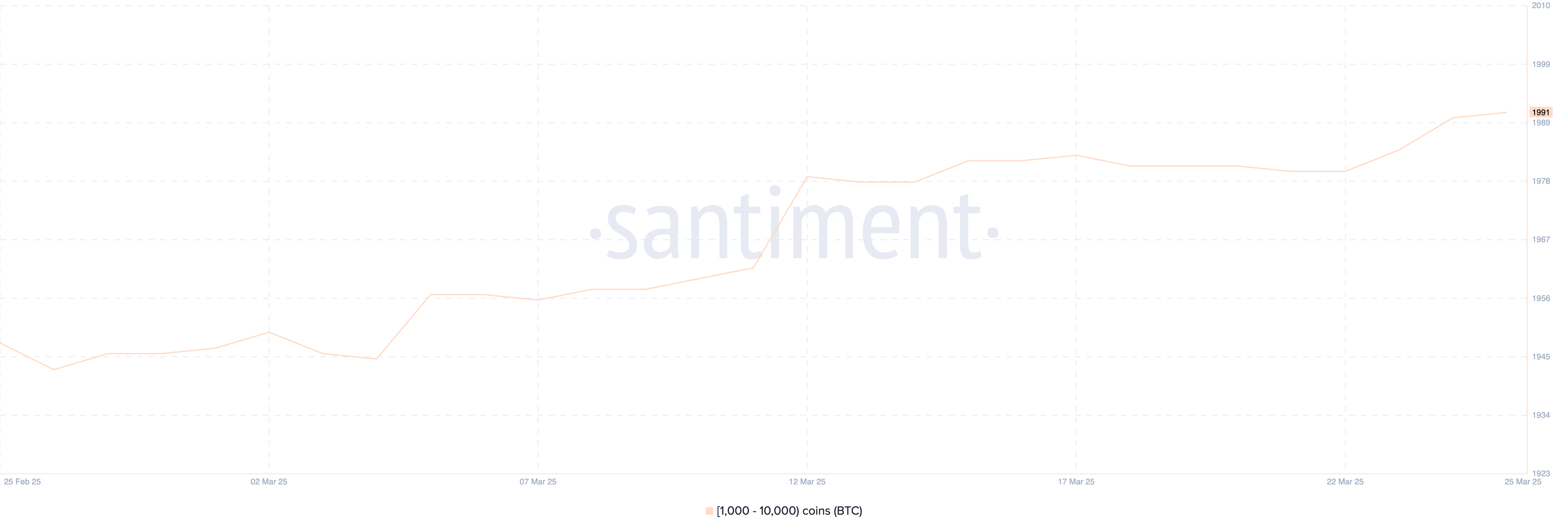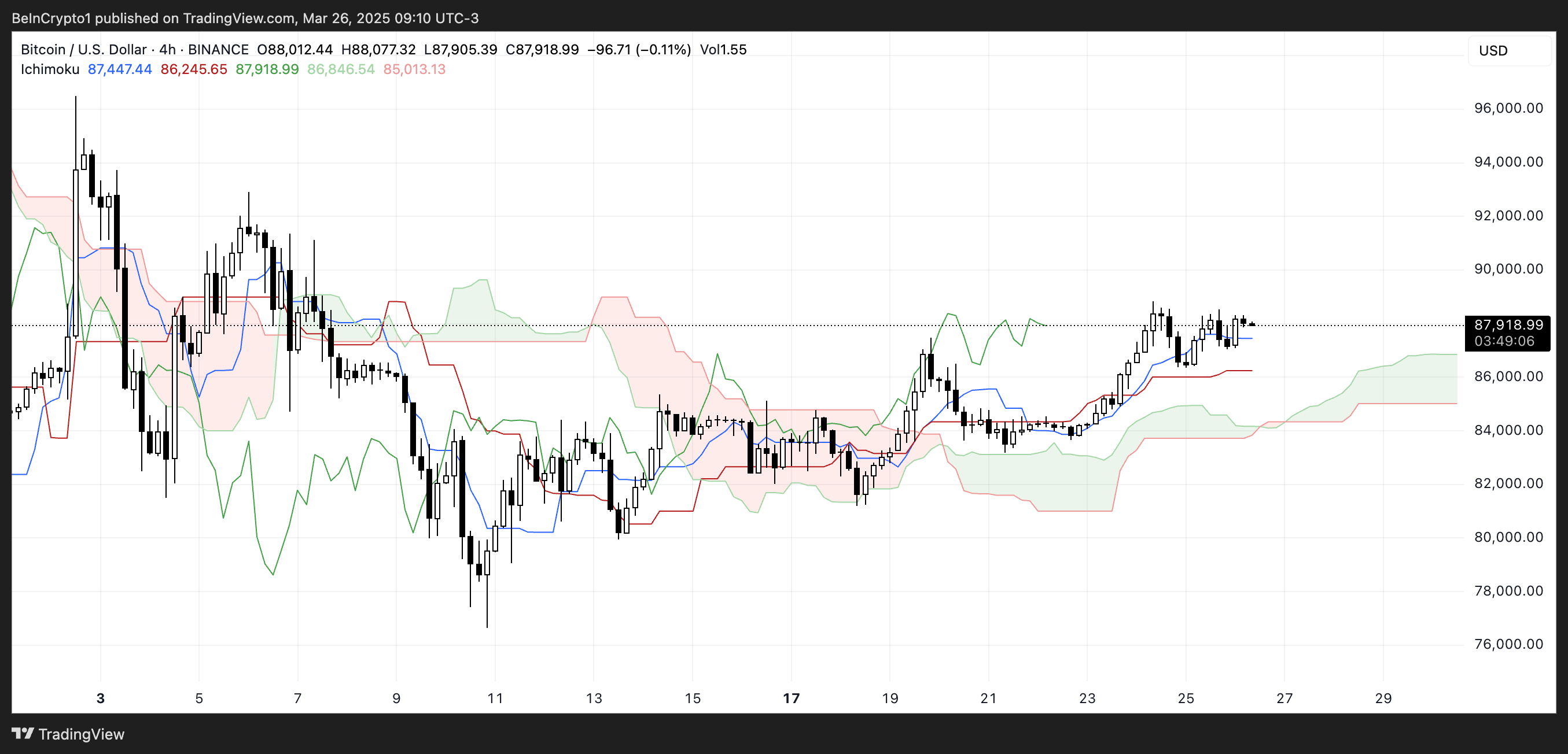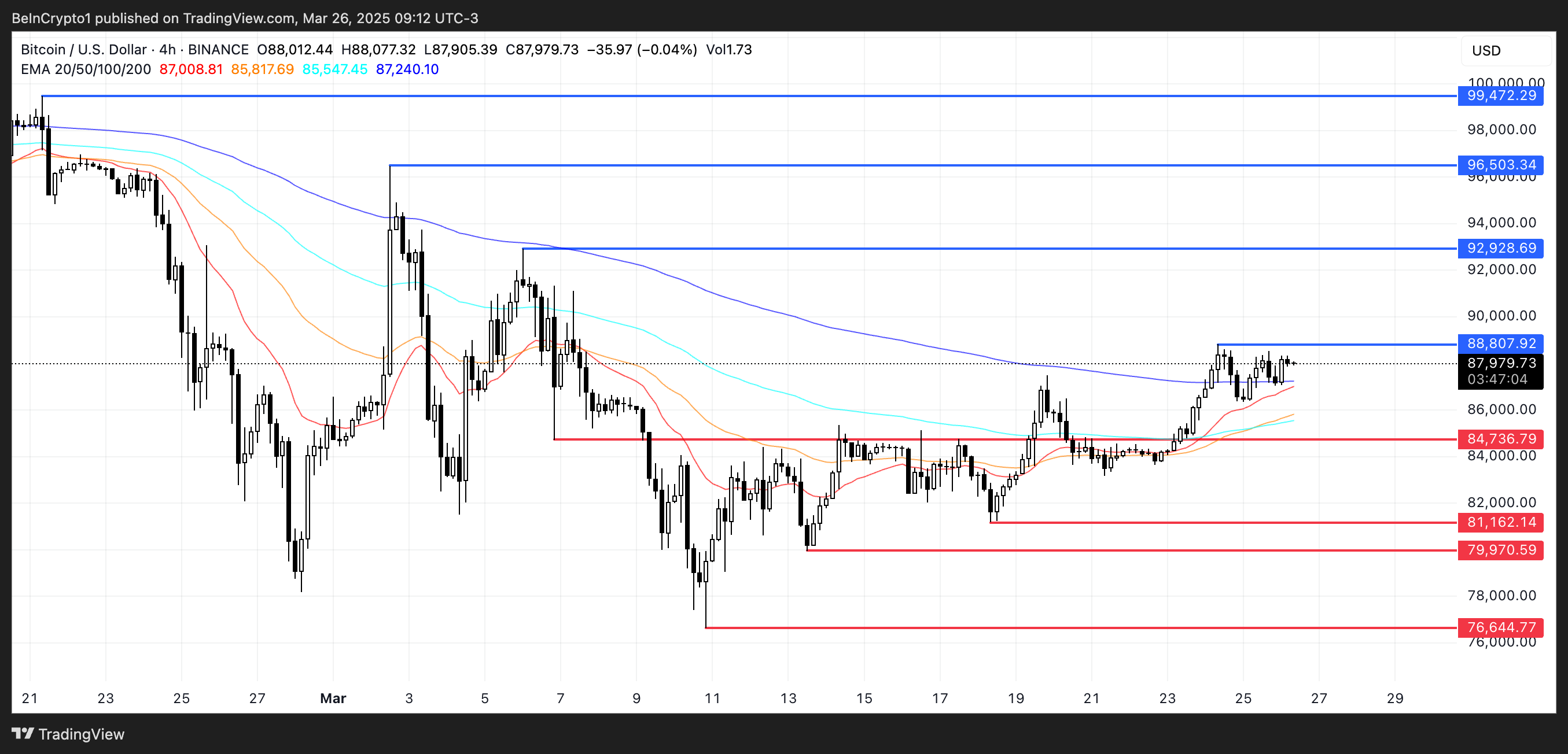
As Solana continues its ascent, experts are not writing off Ethereum’s chances to compete favorably in decentralized finance (DeFi). Uniswap founder Hayden Adams wants Ethereum to hone in on Layer 2 scaling to even the odds with Solana.
Uniswap Founder Wants Ethereum To Continue Horizontal Scaling
The calls for Ethereum to focus on Layer 2 scaling are growing louder, with Uniswap founder Hayden Adams joining the train. The Uniswap founder disclosed his stance in an X post, calling for Ethereum to continue its Layer 2 scaling development.
Adams notes that Layer 2 solutions remain Ethereum’s best chance to keep its skin in the DeFi game amid rising competition from Solana. He notes that Solana is better suited to do DeFi on its layer 1, given its roadmap and overall approach compared to Ethereum.
Ethereum, aware of the challenges of its Layer 1, has pivoted to an L2-focused roadmap since 2020. However, a broad ecosystem focus for Layer 2 scaling solutions has left the base layer without major updates for a while, whipping up conversations for a change in approach.
Despite the push for a return to a Layer 1-focused approach, the Uniswap founder wants Ethereum to continue on its existing roadmap. He took swipes at community members pushing for a change in strategy every month, urging them to “pick a lane” and mitigate the attendant risks.
“Ethereum has been working towards an L2-centric/horizontal scaling roadmap for 5+ years,” said Adams. “You want to throw this away at the final stretch because of what reason?”
Ethereum and Solana are going neck and neck with each other with a Coingape analysis weighing whether ETH price will hit $3 before SOL clinches $200.
A Layer 1-centric Approach Is Still Acceptable
The Uniswap founder disclosed in the post that he remains open to the possibility of a pivot to a Layer 1-centric approach. However, the approach has to be explicit and realistic, with Adams recommending key network changes.
“I’m fine with L1-centric scaling approach if it’s explicit and approached realistically,” said the Uniswap founder. “We would have to drop a ton of philosophical stuff like any laptop can run a node.”
He adds that Uniswap’s largest market share comes from Layer 1, making a pivot still a win for his project. However, the approach inflames centralization risks affecting the ability of individuals to run full nodes.
Amid the raging conversations for scaling direction, Ethereum is facing its worst quarterly price performance in nearly a decade. ETH targets a $1600 breakout as prices continue to wallow under $2,000 since slipping below the psychological level.
Tron founder Justin Sun says he is not selling his ETH holdings despite falling prices, pledging to collaborate with Ethereum developers to trigger ecosystem growth.
The post Uniswap Founder Urges Ethereum To Pursue Layer 2 Scaling To Compete With Solana appeared first on CoinGape.






